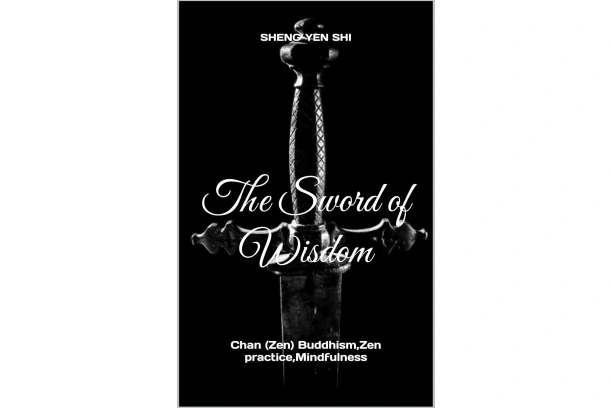Mindfulness Meditation: The Secret Weapon for Building Self-Control
In the small details of daily life, we often find ourselves drawn into distractions and temptations, unwittingly veering off course from our original plans and goals. Have you ever had this experience? You pick up your phone to check the news, only to get sidetracked by a friend’s message, and before you know it, half an hour has passed, and your initial plan is forgotten.
This tendency to get distracted is a reflection of our lack of self-control. Mindfulness meditation, as an effective mental training method, serves as a key to help you recognize distractions in the moment and regain control over your awareness.
Mindfulness Meditation: The Bridge from Awareness to Self-Control
Mindfulness meditation emphasizes full awareness and acceptance of the present moment. It’s not just about managing “feelings” but includes an awareness of all inner experiences (thoughts, emotions, and bodily sensations). By observing and accepting the current state, mindfulness reduces automatic reactions, allowing us to make more thoughtful choices.

How Mindfulness Meditation Enhances Self-Control
- Improving Emotional Regulation: Mindfulness meditation teaches us to observe our emotions without judgment, a skill essential for self-control. When we can calmly observe rather than be led by our emotions, we manage impulsive behaviors more effectively.
- Enhancing Focus: By training to focus on the present, whether it’s breathing, bodily sensations, or sounds around us, mindfulness meditation significantly improves our concentration, helping us stay focused even in the face of temptation.
- Promoting Self-Reflection and Understanding: Mindfulness meditation encourages ongoing self-awareness, helping us better understand our behavioral habits and areas where self-control may be weak, so we can target specific strategies for improvement.
- Increasing Delayed Gratification: By cultivating an appreciation for the present experience, mindfulness meditation teaches us to enjoy the process, enhancing our ability to delay gratification and strengthening self-control.
The Close Connection Between Mindfulness and Self-Control
Research shows that athletes who practiced specific mindfulness exercises demonstrated greater self-control, especially under pressure, allowing them to adjust their mindset more quickly and improve shooting accuracy. Other studies indicate that individuals who engage in consistent mindfulness meditation perform better in self-control tasks, resist temptations more effectively, and stay committed to long-term goals, proving mindfulness meditation’s positive impact on self-control.

How to Improve Self-Control with Mindfulness Meditation
Incorporate Mindfulness into Daily Life: Practice breathing meditation in the morning, body scanning during work breaks, and gratitude meditation before bed to strengthen self-awareness through regular practice.
- Set Clear Goals and Intentions: Before each meditation, clarify the area of self-control you want to improve, such as reducing distractions or increasing exercise. Set a specific intention to give your meditation focus.
- Non-Reactive Attitude and Calm Observation: When faced with temptations or challenges, apply mindfulness techniques to observe your impulses from a detached perspective, reducing automatic reactions and making wiser choices.
- Mindfulness Journal for Reflection: Record your daily meditation experiences and self-control challenges, reflecting on the reasons for both successes and setbacks. Continuously adjust your strategies and witness your growth and change.
- Professional Guidance for Deepened Practice: Attend mindfulness meditation classes or workshops with experienced instructors to receive professional guidance and feedback, deepening your meditation practice.
By cultivating mindfulness, you can gradually reclaim control over your thoughts and behaviors, leading to greater self-discipline and a balanced, intentional life. You can cultivate inner peace through meditation. We sincerely recommend you to check our ebook The Sword of Wisdom: Chan (Zen) Buddhism,Zen practice,Mindfulness. In this book, you may can look for the right answer.








